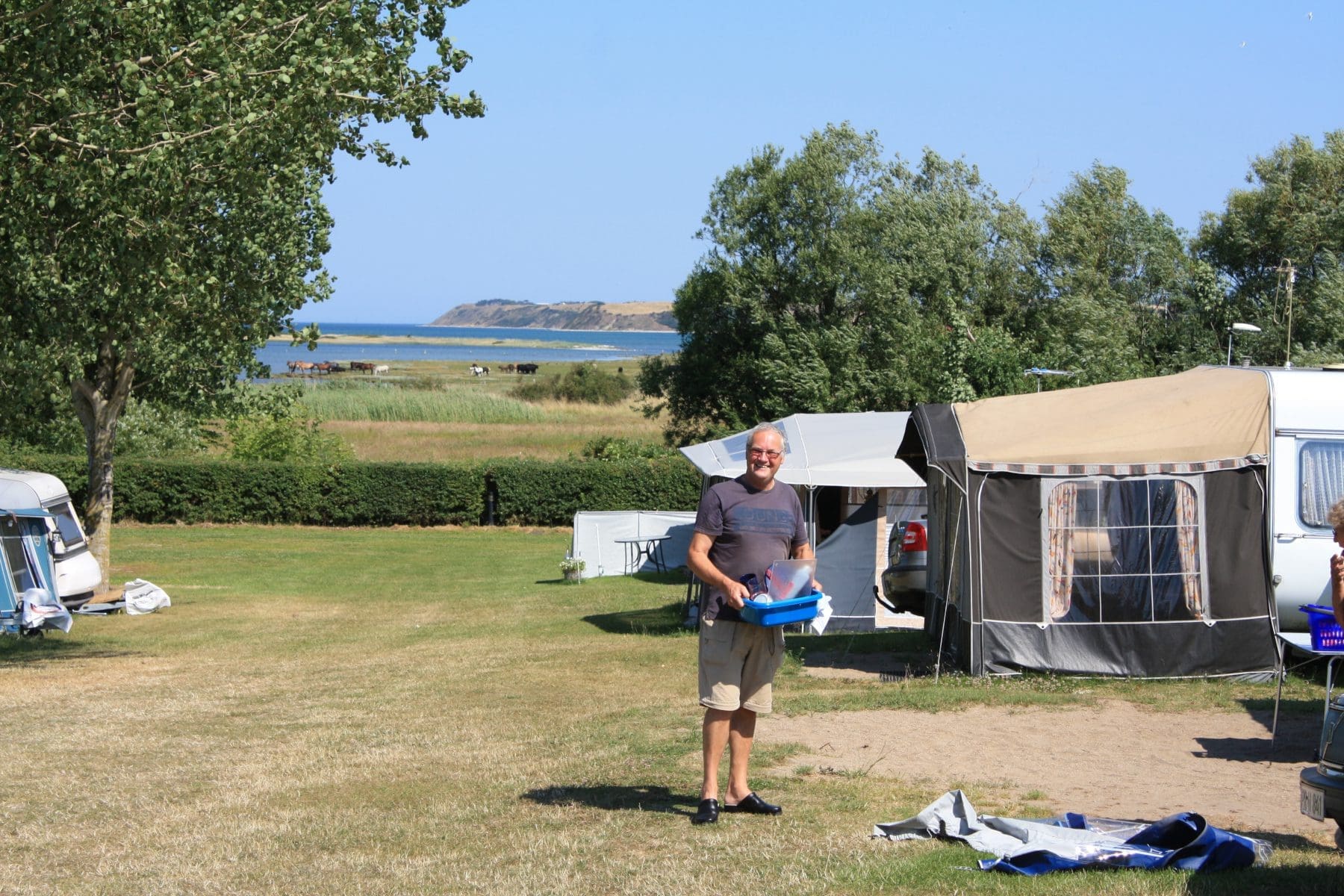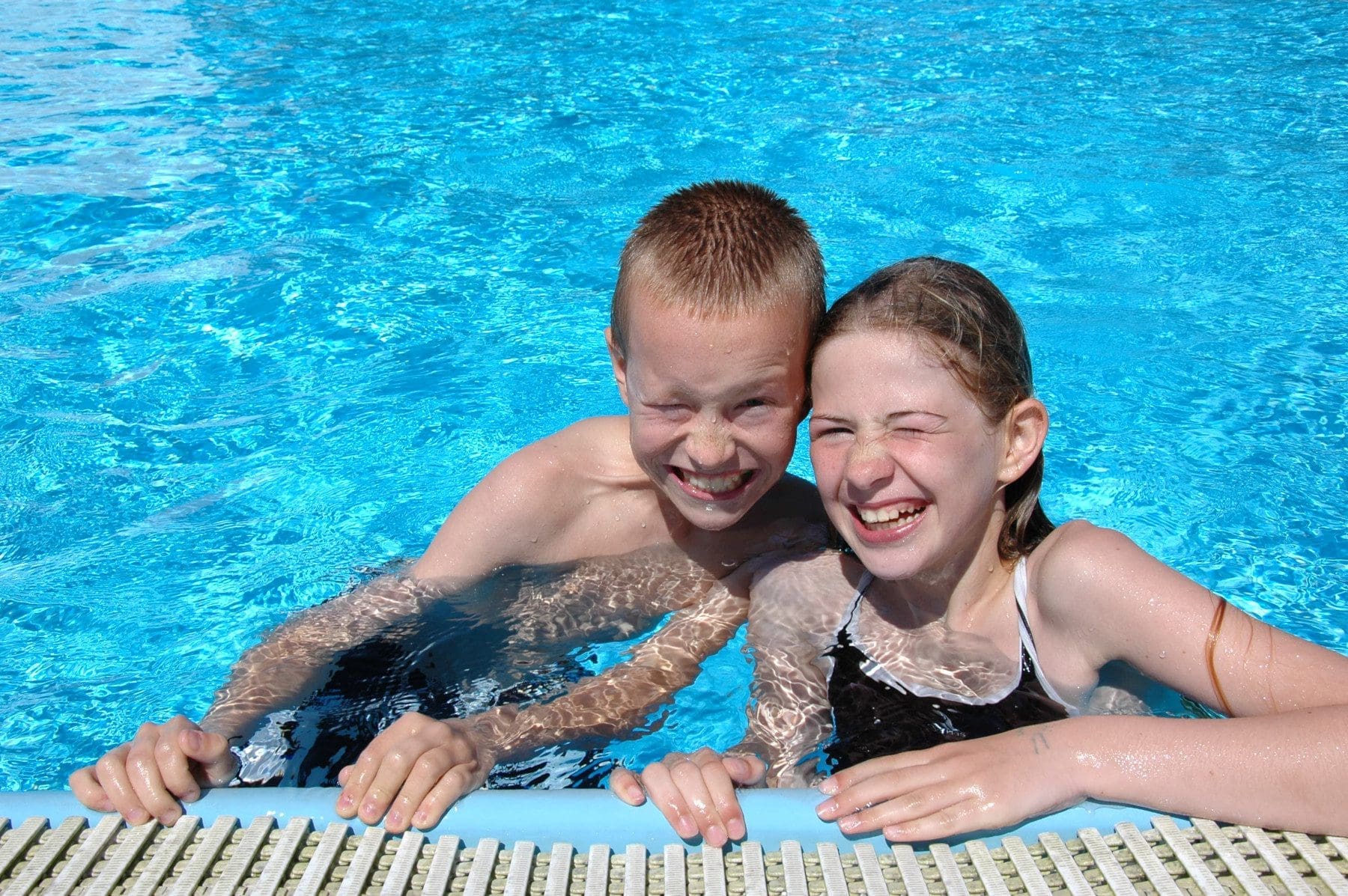Mark Bibby Jackson talks with Torben Berner of Camping Outdoor Denmark about the rapid transformation in the sector and his hopes for a sustainable future.
One of the undeniable ways that Covid has impacted upon the travel and tourism sector has been an increase in domestic tourism or “staycations”. One area that has benefited from this surge has been the domestic camping and glamping market. No longer is camping perceived as a Spartan ordeal only pursued by those who cannot afford to fly overseas, but as a way to get connect with nature.
“The way that people look at camping has changed enormously,” says Torben Berner, Board Member of Camping Outdoor Denmark (CODK).
Danish Camping – Remarkable Growth
The last three years has seen a remarkable growth in camping in Denmark, according to Torben.
“They come from all walks of life,” he says, adding that glamping, the more luxurious cousin of camping, has “been a huge success.”
Torben believes that camping’s popularity is not just a passing fad. Part of the reason for his confidence is the increased awareness of the climate implications of flying highlighted by pressure groups such as the No-Fly Movement, and campaigners including Greta Thunberg.
“People are getting climate conscious,” he says. “They have started looking into their back yards.”
For Torben a high priority is to create a sustainable camping sector both within Denmark and internationally. This is part of the reason why they created CODK several years ago. The organisation focuses on environmental issues as well as providing a political voice for its 250 members.
Developing Green Stay Certification
Torben is a firm supporter of the Green Stay certification program. Green Stay is a sustainability certification for Danish campsites based on the Sustainable Development Goals (SDGs), created by the Industry Association Camping Outdoor Denmark.
A Green Stay certified campsite has to contribute to five SDGs : 6 (clean water and sanitation), 7 (affordable and clean energy), 12 (responsible consumption and production), 13 (climate action), and 15 (life on land).
Currently, around 19 campsites have been certified, including Torben’s own campsite Vesterlyng Camping, – out of a total of approximately 500 campsites. These are rated according to agreed criteria, and annually inspected.
“For Camping Outdoor Denmark, it is important that certification and labelling is transparent and credible,” says Torben. “Therefore, fixed criteria have been created for the labelling, and the certification and control processes are carried out by authorised consultants.”
Torben admits that in part Green Stay is a marketing tool about “greening the image of the camping industry,” which is one of the “most environmentally friendly and sustainable forms of holiday”.
“The focus is on greening your environment,” he says, adding that Vesterlyng Camping gets 20 to 25 percent of its electricity from solar panels, with the ambition to make this 100 percent in the future.
Joining the Climate Friendly Travel Registry
Recently CODK has joined the Climate Friendly Travel Registry. The main reason for this was to share knowledge with other members.
“We can learn from experiences from other places,” Torben says. “It’s very valuable to learn from an international perspective.”
In particular Torben would like to work with other campsites in Europe and the UK to standardise and cooperate.

Sustainable Camping Sector
However, for Torben all considerations about how to create sustainable campsites have to be tempered against economic reality.
“I have to make a sustainable business too,” he says, adding that greater political will could hasten the transformative process. “We have to be patient and wait for the technology. Those are the realities that every business faces.”
As regards the impact of climate change upon the industry, Torben is clear. “People know the urgency,” he says. “This will only increase in the years to come.”
Article originally published on eXist, the Climate Friendly Travel Newsletter, re-published here with permission from SunX Malta.

